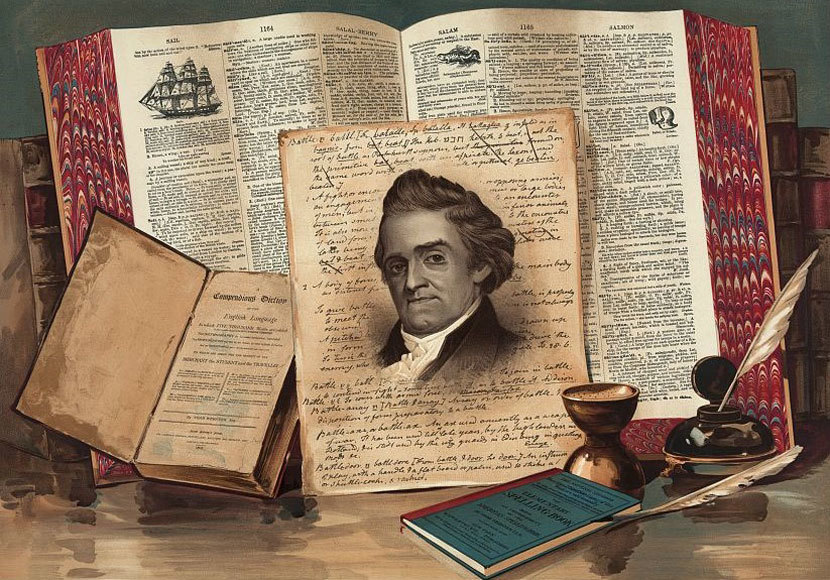*Noah Webster (1758–1843)
From _The Debate on the Constitution_*

The Bill of Rights was never a sure thing—and it nearly didn’t happen. Today, on the 266th anniversary of James Madison’s birth (March 16, 1751), it’s worth recalling that the man credited with drafting it was at first lukewarm toward the very idea.
Madison believed that the enumeration of individual rights in the new constitution was unnecessary (“I have never thought the omission a material defect”), and he noted that, in the states that had bills of rights, “repeated violations of these parchment barriers have been committed by overbearing majorities.” But he ultimately recognized that the new constitution would not pass without one: “I should be unwilling to see a door opened for a reconsideration of the whole structure of the Government.” So he drafted seventeen amendments, which were winnowed down to twelve, of which the last ten were ratified as our Bill of Rights.
Madison was hardly alone in his initial resistance; in fact, many of his fellow Federalists went further and steadfastly opposed a Bill of Rights, arguing that a nation ruled “by the people” wouldn’t need it. Noah Webster (later famous for dictionaries and spelling books) was one of the earliest to publish his objections. “A Bill of Rights,” he argued, is only needed to protect against “the encroachments of Kings or Barons.”
We present Webster’s original paper on the subject, with some additional historical and biographical background, as our Story of the Week.



